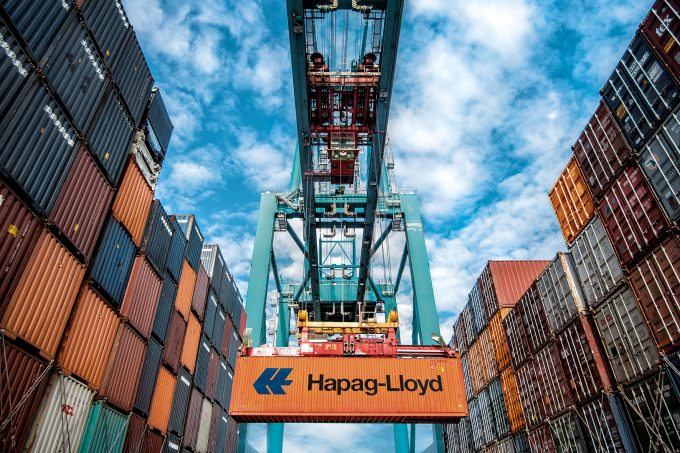MSC to launch new Oceania-US east coast Eagle service next year
Australian and New Zealand exporters to North America are set to get the second direct ...

Hapag-Lloyd is the latest carrier to announce a shipment guarantee premium product, which it claims will “increase supply chain efficiency” for customers.
Loaded as Booked is the fourth part of the carrier’s rollout of 10 quality promises through to the end of next year.
Hapag-Lloyd said subscribing ...

Comment on this article
Ed Evans
July 28, 2020 at 1:50 pmWow 95% successful booking. So you pay extra for failure 5% of the time? Does that sound like a good deal to you? What is their failure rate now (outside of China where the lines make money by rolling vessel schedules)? Their success rate should be 95% or they are FAILURES.